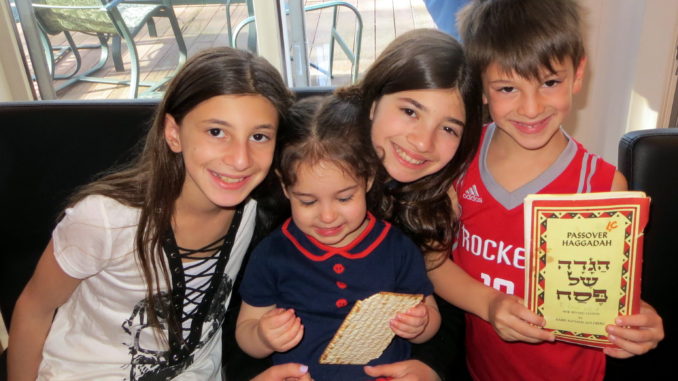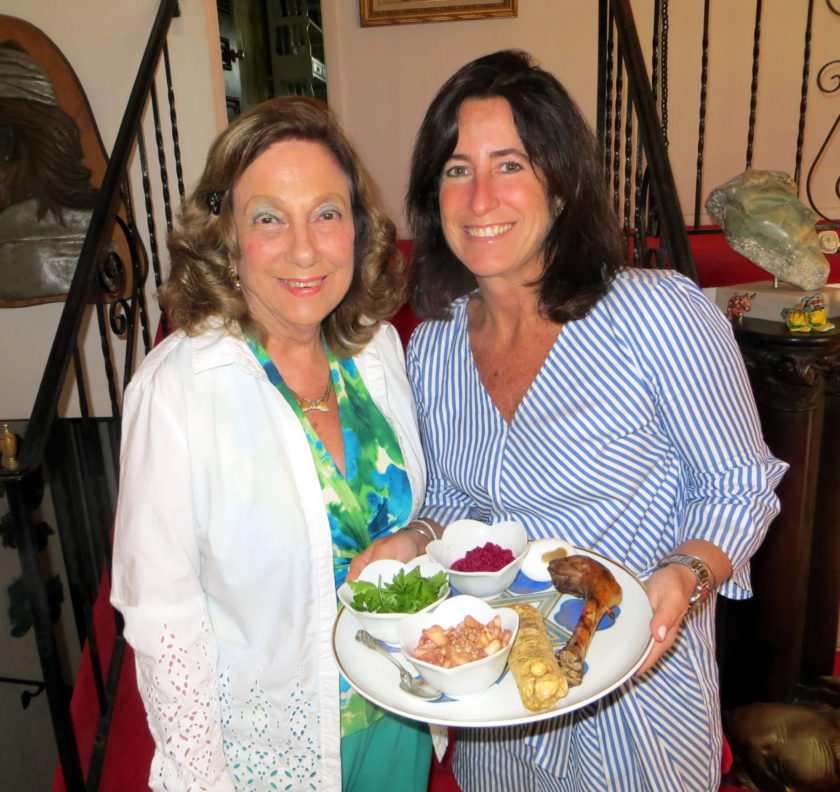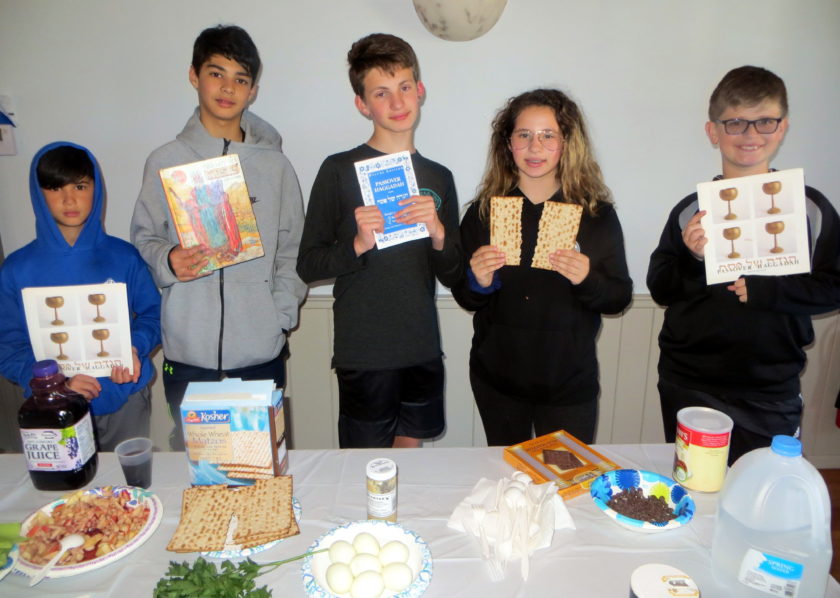
ENGLEWOOD, N.J.—On Friday, April 19, the holiday of Passover began and it will continue until Saturday, April 27.
Passover is one of the most important Jewish holidays, and it is celebrated around the world. Passover commemorates the liberation of the Israelites from slavery in ancient Egypt in 1300 BC, as told in the Book of Exodus.
To celebrate the miraculous Passover story, Jewish people come together in synagogues and family gatherings where they recite prayers, eat a traditional meal (called a Seder), drink wine and discuss the story of the deliverance.
Many Hebrew schools also conduct Seders for students where discussions are led by teachers and clergy.
The story of the Exodus
In the story of Exodus, Moses, the leader of the Jewish people, repeatedly asked Pharaoh, “Let my people go!” But the ruthless Egyptian dictator would not. As a result God brought 10 plagues upon Egypt, the last of which was the killing of every first-born Egyptian child.
According to the Bible, the Lord told Moses to tell the Jews to put the blood of a lamb on the doorways of their houses, so the angel of death would know that their house was to be spared, and “pass over” it. Hence the name “Passover.”
After the last plague, Pharaoh finally agreed to let the Jews go, but he changed his mind and sent his army after them.
Pharaoh’s infantry was barreling down on the helpless, defenseless Jews who became trapped in a dead end at the Red Sea. But, Moses’ prayer to God was answered and the Red Sea miraculously parted to allow the Jews to pass through, but, as the Egyptian soldiers entered the sea, it closed again, drowning them all.
Traditions of Passover

Passover has many traditions that are observed by Jews everywhere and they are passed down from one generation to the next. The first two nights of the holiday are celebrated with a traditional ritual meal called a Seder, which means “order,” because the foods, songs, prayers and historical stories are carried out in a specific order.
The Seder meal typically involves six foods symbolizing the Exodus story, such as bitter herbs to represent slavery, and charoset, a mixture of walnuts, apples and honey that represents the mortar that the slaves used to build Pharaoh’s temples. These symbolic foods are arranged on a circular plate, called the Seder plate, on the dining table.
Participants at the Seder read from a Hebrew book called the Haggadah, which means “telling.”
During the week of Passover, Jews eat only unleavened cracker-like bread called “matzah” that commemorates the unleavened bread that Jews had to bake in a hurry when leaving Egypt.
Another commandment of Passover is to drink four cups of wine at the Seder.
Children play an integral part in the Passover Seder.
“The Four Questions” are asked by the youngest son at the table, beginning with, “Why is this night different from all other nights?”
In addition to asking the four questions and participating in educational discussions, the children search for the afikomen [from Greek, which means “gift” or “dessert.”] The afikomen is a half piece of Matzah wrapped in a napkin or cloth that the leader of the Seder breaks off from a full piece and hides during the beginning of the Seder.
After the festive meal, the children search all around for the afikomen and the child who finds it is given a prize, usually money or candy.

Passover remains relevant
Millennia have passed since the Red Sea parted, yet the story of Passover is still relevant today. That is because it is a story of bravery and triumph under unimaginable odds that resonates with people of all ages, faiths and nationalities throughout the world. On an even larger scale, Passover represents the belief that liberty is the inalienable right of every human being.
Photos by Hillary Viders
